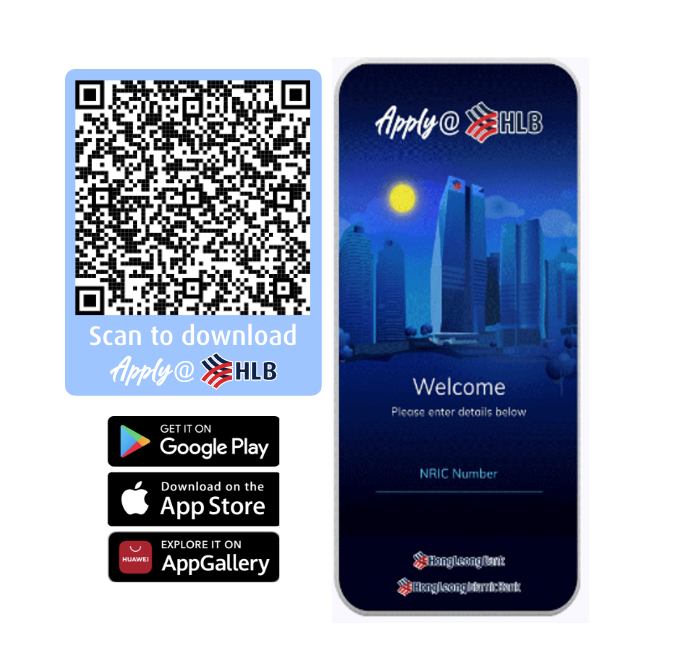Investing has become an effective approach in Malaysia to build a strong financial future. Money can lose value due to factors like inflation, but learninig how to start investing provides an opprtunity for your funds to grow and achieve larger goals.
Here's our take: A successful investment journey is not just about investment size, but about informed decision-making and strategic planning. In this article, we'll answer some common questions that often arise for new investors.
.png)
How much money should I invest?

The first step in your investment journey is to determine how much of your income should be allocated towards investments. A general guideline is to allocate 10% - 15% of your income for investments. This practice allows you to balance your current financial obligations with future aspirations.
"Paying yourself first" is a personal finance approach that prioritizes savings and investments while promoting a frugal lifestyle. It involves allocating a portion of your income to investments before covering bills or other expenses, while still meeting debt obligations. This approach treats savings and investment goals as non-negotiable expenses, ensuring their growth before discretionary spending.


This concept is crucial in investment planning as it leverages the power of compound interest Regular contributions, even if small, can accumulate and grow exponentially over time – creating a solid foundation for your financial future.
.png)
.png)
Where do I start?

For novice investors, exploring various types of investment options can be overwhelming. A good place to start is using our Financial Personality Quiz to help uncover your financial strengths and preferences. Based on your results, you will receive recommendations for investment products that align with your financial management ideas, needs and behaviour.
Once you have a clearer understanding of how you view and manage money, you may feel more comfortable exploring your options further and making your first investment.
.png)
Which investment product should I go for?
Hong Leong Bank offers a wide range of investment products that can suit a diverse range of financial goals and risk profiles. Among the investment products offered, investing in Unit Trust stands out as an ideal starting point due to the lower barrier of entry (minimum of RM50 to start investing) and expert management it offers.
If you’re looking to dive deeper into understanding Unit Trust, check out our curated series of articles covering topics such as what it is, how it compares to Exchange-Traded Funds (ETFs), and how to read a fund fact sheet.
As you progress on your investment journey, you can consider other investment options tailored to your evolving financial needs.
The information provided above is for reference and education purposes only. It does not constitute an offer, invitation, or solicitation by the Bank for the subscription or purchase of Unit Trusts by any party. While all reasonable efforts have been made to ensure that the information provided is accurate and up-to-date, the Bank does not warrant or guarantee the accuracy, completeness or timeliness of the information or data provided. Neither the Bank nor its information providers shall be held responsible or liable for any errors, delays or inaccuracy of the price, data or information provided herein nor for any loss or damage arising directly or indirectly from any action taken in reliance on the information provided herein. Unit Trust Schemes are not protected by Perbadanan Insurans Deposit Malaysia (PIDM). Money withdrawn from your insured deposit(s) is no longer protected by PIDM if transferred to a non-deposit account. eg. Unit Trust, Bond Dual Currency Investment (DCI), Negotiable Instrument of Deposit (NID) and Floating Rate Negotiable Instrument of Deposit (FRNID), Structured Investment, ASNB, Investment Account-i etc.
This article is part of Hong Leong Bank's educational series, called 'Fresh Take'. Here, we seek to present you a fresh, unbiased perspective of all matters financial. We'll be uploading more educational content moving forward, so do watch out for the next piece.
In a world that's awash with information that may be either true, false or anywhere in between, Fresh Take aims to cut through the clutter, and help you on your journey as an investor who's seeking to build a strong financial future.
Please reach out if you need to know more or need personalised help.
New to the bank? Scan the QR code below to apply for an account before you begin investing with us.




